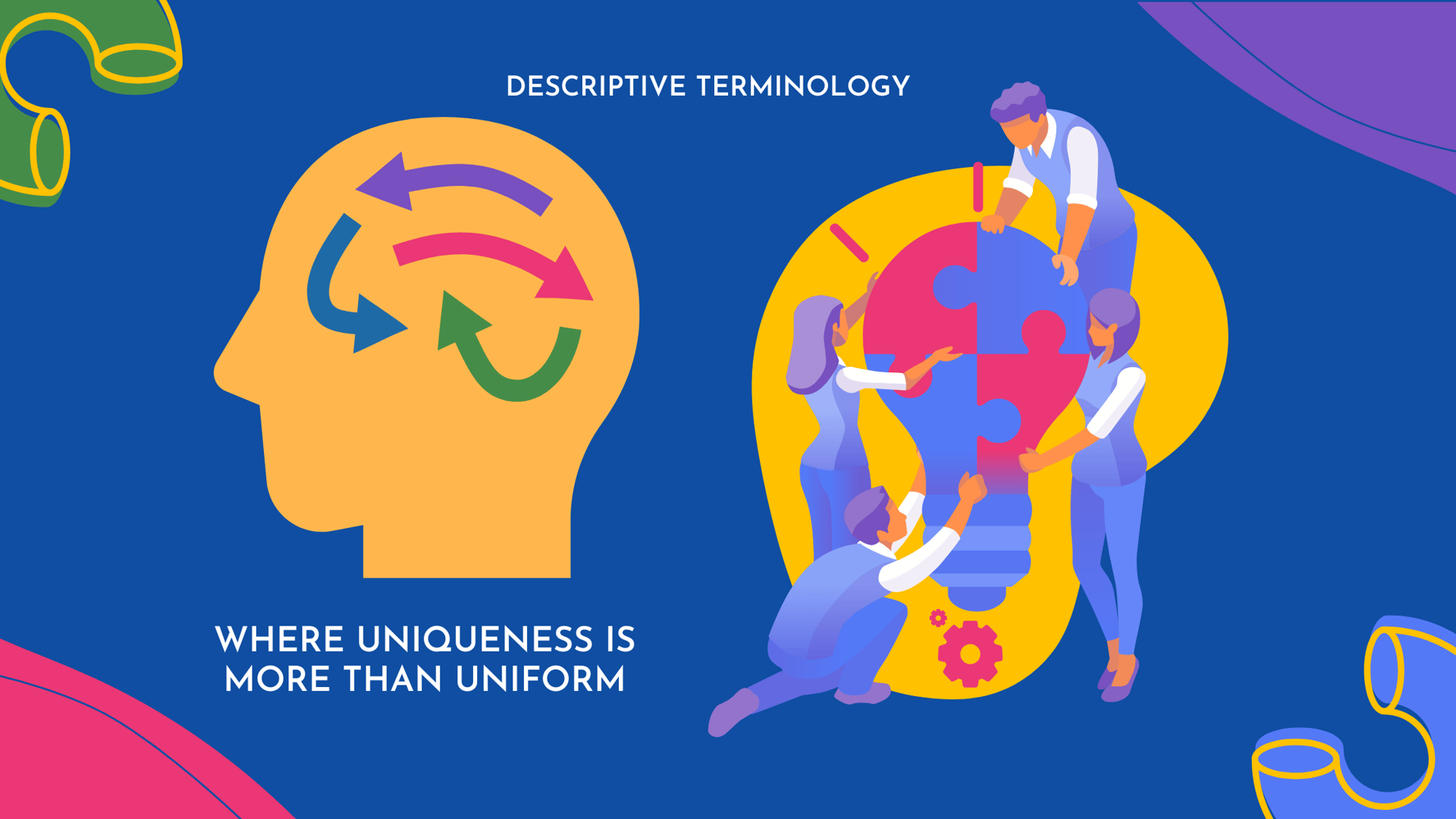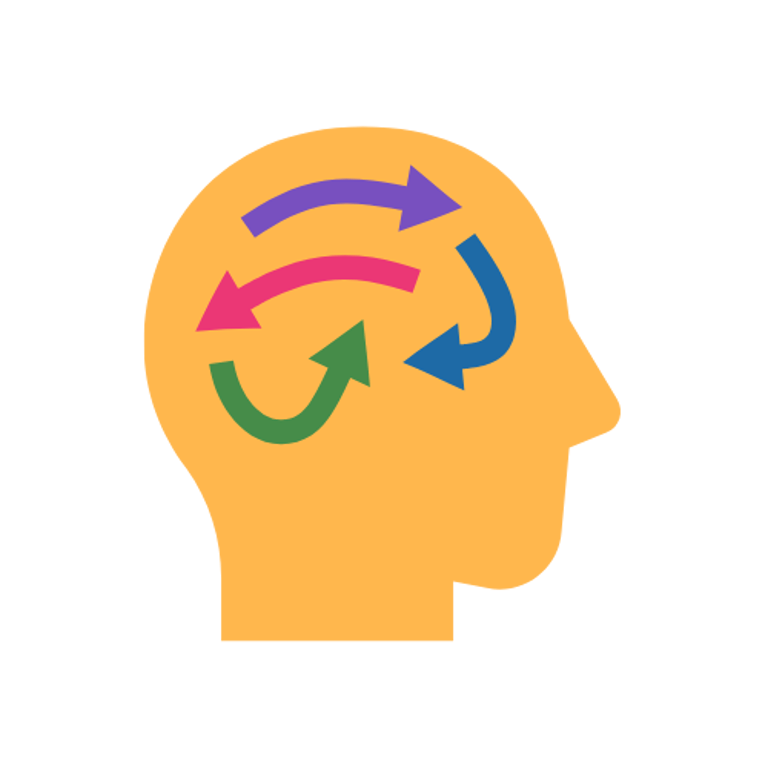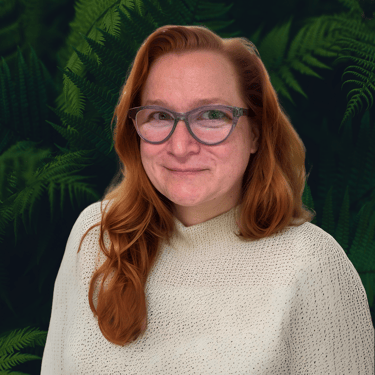
What if "Disabled" became "Non-Standard?"
Exploring the transformation of the term 'disabled' to 'non-standard' in our ever-changing world. Dive deep into the power of words, the celebration of human diversity, and the potential societal shift from this terminology change. Join the conversation on how a simple label can reshape perceptions, redefine norms, and foster a more inclusive society. Read, reflect, and engage in this pivotal dialogue on reimagining disability.


In today's constantly evolving world, the way we communicate and the terminology we use play a pivotal role in shaping perceptions. Labels can be empowering or limiting, inclusive or divisive. One such label that's been a topic of debate for years is "disabled." But what if we took a fresh perspective? What if we started referring to this as "non-standard" instead?
The Power of Words
Every word we use carries with it a history, a connotation, and a set of stereotypes. "Disabled" has long been associated with an inability to perform or function in particular ways. This label, despite its intent to categorize, can unintentionally diminish the value and potential of the individuals it seeks to define.
Switching to "non-standard" offers a more neutral perspective. It implies a deviation from the norm without implying inferiority. In the tech world, for instance, "non-standard" refers to anything that doesn't adhere to established norms but isn't necessarily inferior.
Celebrating Diversity
We live in an era where diversity is celebrated. By embracing the term "non-standard," we're acknowledging that there isn't a one-size-fits-all mold for humans. Just as biodiversity strengthens natural ecosystems, human diversity enriches our communities and workplaces.
There are challenges to updating our collective vocabulary. A shift in terminology isn't a magic wand that will suddenly erase years of deep-rooted perceptions. It will require consistent efforts in education and awareness. Some may also argue that the term "non-standard" is too ambiguous and can dilute the specific challenges faced by disabled individuals.
The Bigger Picture
If we made the transition from "disabled" to "non-standard" in everyday language, it wouldn't be just about words, but also about an overarching shift in our societal attitude. It's about viewing everyone through a lens of capability rather than limitation. It's about understanding that we all have unique strengths and challenges. Being different than your average human doesn't mean you are broken. You're non-standard.
The idea of relabeling "disabled" as "non-standard" presents an opportunity to reshape perceptions and conversations around disabilities. Maybe it would even be a call for a more inclusive, understanding, and diverse society. If you found this perspective enlightening, please like, share, and subscribe below. Let's keep this crucial dialogue going!
Exploring the transformation of the term 'disabled' to 'non-standard' in our ever-changing world. Dive deep into the power of words, the celebration of human diversity, and the potential societal shift from this terminology change. Join the conversation on how a simple label can reshape perceptions, redefine norms, and foster a more inclusive society. Read, reflect, and engage in this pivotal dialogue on reimagining disability.
What if "Disabled" became "Non-Standard?"
By Tabby Worthington
August 21, 2023
2 minute read


